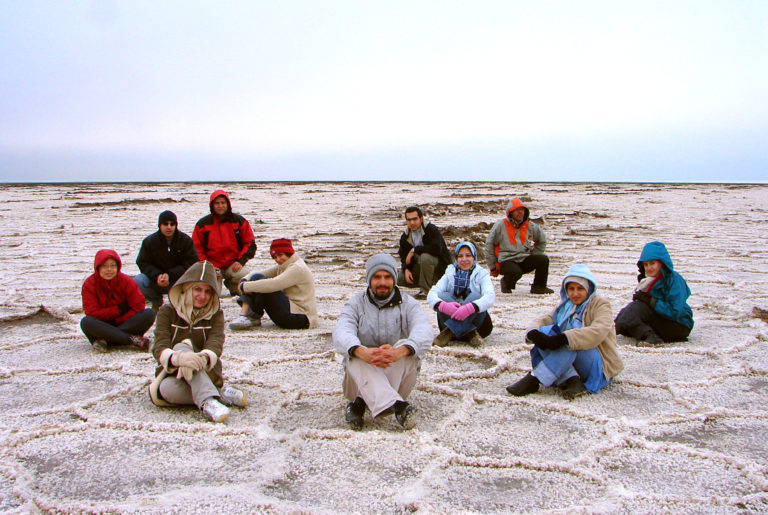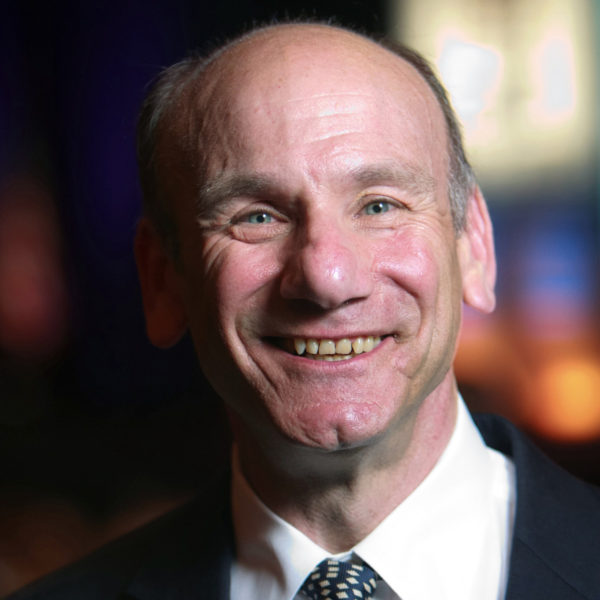
PUBLIC THEOLOGY REIMAGINED Image by Hamed Saber.
Spiritual, But Not Religious, But Not Woo-Woo
Years ago, a few days before Passover and a few days after we moved into the house where our children would grow up, I ran into one of my new neighbors, Mr. M—-. We’d met on moving day, but I’d been too crazed dealing with boxes to do anything more than shake his hand, so I was glad for this chance to be more neighborly.
From his black hat, I assumed he was Orthodox. I greeted him by saying, “A zissen Pesach, Mr. M—-,” the traditional Yiddish wish for a sweet Passover. He looked at me as if I had three heads, or had spoken in Martian. Maybe he didn’t recognize me? I reintroduced myself, and said again, heartily, “A zissen Pesach.”
After a long stare, and stonily looking me up and down — I was in shorts and a tee shirt — he asked, incredulous, “You’re Jewish?”
I was too dim to think this was anything beyond a comical misunderstanding. “Of course I’m Jewish. That’s why I wished you a zissen Pesach!” I said jollily, sure this would clear everything up. His face did not mirror my smile. He wagged his index finger side to side like a metronome, as if instructing or reproaching a simple or wicked child. “No,” he corrected me. “A koshereh Pesach.”
A Pesach that strictly observed the additional dietary rules for the eight days ahead. A Pesach with two extra sets of crockery and two extra sets of cutlery reserved exclusively for this holiday. A Pesach it was obvious to him that I — the kind of Jew who wasn’t really Jewish — would not be having.
It is not uncommon for some Orthodox Jews to maintain that Reform Jews like me are as Jewish as gentiles. Drawing and enforcing boundaries is something that the world’s religions excel at. Religious rules create identity and loyalty. Instead of the secular agony of figuring out how to live and what to do, religion offers the supreme serenity of obedience: submission to scriptural, priestly and divine authority. This can build remarkably cohesive communities. It can also — ironically, in light of religion’s avowed spiritual aspirations — be soul-crushing.
I grew up as an Orthodox Jew, but as an adult I found the Reform Movement a more welcoming place to wrestle with meaning and purpose. If I hesitate today to call myself religious, it’s not because I don’t identify as a Jew; it’s because “religious” can imply, and to more than just me, dogmatic authoritarianism.

My neighbor Mr. M—- believes that observing halacha — the body of law in the Torah and Talmud — is essential to his Jewishness. Unlike him, but like four-fifths of American Jews, I don’t think that following the halachic path is essential to the meaning of being Jewish.
For that matter, like two-thirds of American Jews, I don’t think it’s necessary to believe in God to be Jewish. I approach the Torah metaphorically, as poetry, storytelling and culture-making, rather than literally, as history and divine revelation. But that doesn’t make me an atheist, or even an agnostic.
At my best, I’m spiritually gobsmacked by the mystery that anything exists. I’m not surprised by how often people tell pollsters they’re “spiritual but not religious.” Seven percent of all Americans say they’re S.B.N.R. — a bigger group than Jews, atheists, Muslims, or Episcopalians. Though more than one-fifth of Americans say they’re not affiliated with any religion, more than a third call themselves spiritual.
At the same time the share of Americans who say religion is important to them has been going down, the share of people who feel a deep sense of wonder about the universe at least once a week has been going up. According to the Pew Research Center, it rose from 39 percent to 46 percent between 2007 and 2014. Among atheists, it jumped 17 points, to 54 percent. (Polling the ineffable: what a job!)
Like most American Jews, I’ll be at a seder this week. Will it be a spiritual experience? Yes, though not because I expect to fall into a mystical trance, or to be bathed by some kind of well-being woo-woo. It will be because of the people, the friends and family I’ll be with. The collective nature of our celebration — our communal eating, drinking, singing and storytelling — will be psychically more powerful than any of the self-conscious symbolism of the seder. When we sing “Eliahu hanavi” about Elijah’s return, I will feel its mournful yearning across the millennia in my bones. When we recite, “This is the bread of affliction that our ancestors ate in the land of Egypt,” my spirit will thrum — not because there’s archaeological evidence that this sentence is true (there isn’t), but because this is the sentence about the bread of affliction that my ancestors have assembled annually to say, together and aloud, since Deuteronomy was composed 28 centuries ago.
Sartre said, “Hell is other people.” He must never have been to a seder. Sometimes, other people are paradise.

This essay is reprinted with permission from Jewish Journal.

Share your reflection